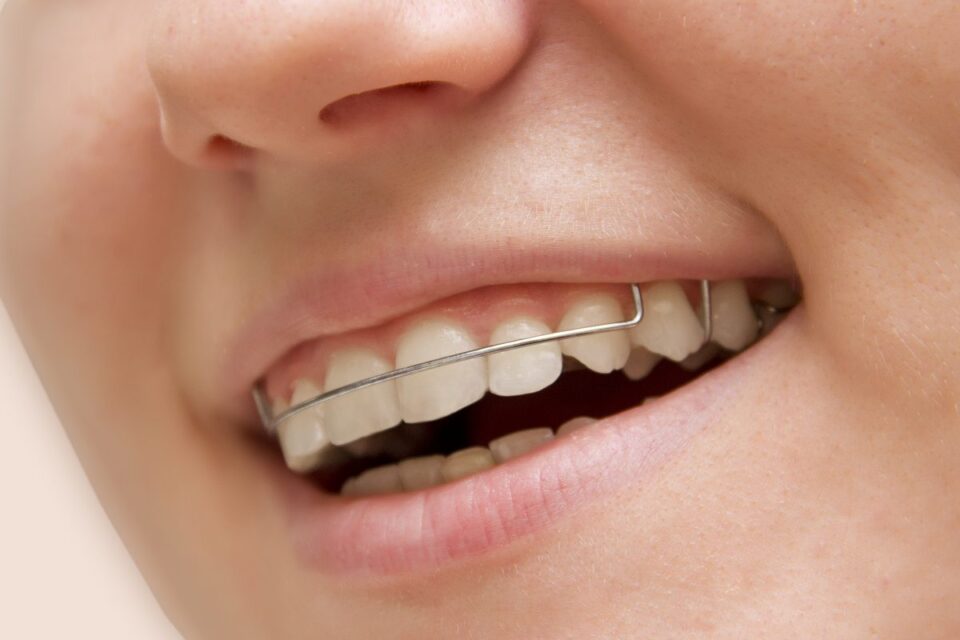Nothing is more exciting than having your orthodontic braces removed after weeks of uneasiness and discomfort. Finally, your teeth are free, and you can now flaunt a beautiful smile without feeling awkward. Nonetheless, you must follow up the braces with a set of retainers to avoid any orthodontic relapse.
While wearing retainers Chapel Hill may be the last thing you want to hear, having them is more of a necessity than a luxury. There are many benefits of wearing retainers after braces. Continue reading to learn more.
- Holds Position and Stabilizes Your Bite
Braces or Invisalign work to gradually shift the alignment of your teeth. However, with this orthodontic therapy, changes to the soft tissue and bone occur. Although your teeth quickly adjust to their new position, it takes time for the bone and soft tissue to heal and adjust.
Retainers hold your teeth in their new position, while the bone and soft tissue stabilize. Without a retainer, your teeth will naturally shift back to their natural position. This effect can reverse all the hard work your braces or Invisalign performed.
- It Helps You Avoid Clenching
Your mouth will feel different once your dentist removes the braces or Invisalign. Some patients clench their jaws as they adjust to new experiences. Retainers will entirely cover your lower and upper teeth and can provide relief and protection from minor tooth clenching and grinding.
Unfortunately, retainers are quite thin, as they should primarily hold your teeth in position. Therefore, your retainers will not completely resist the battering your teeth sustains as you grind or clench your teeth. If you constantly experience bruxism, you should consider another long-term solution.
- It Helps with Breathing and Speech
Your teeth and their alignment impact numerous aspects of your everyday life, including communication and breathing. This issue might not be obvious until your specialist points it out, but you might experience trouble breathing or pronouncing certain words correctly.
Your retainer can help you maintain the posture that aids speech and breathing once your teeth are aligned. Besides, a retainer can also correct speech problems caused by tongue thrust, which happens once the tongue protrudes through your teeth when speaking. For this specific issue, a specialized retainer, known as a tongue cage, can help.
- Improve Oral Hygiene
One of the primary reasons to consider braces in the first place is to correct overcrowded or misaligned teeth. When teeth are not aligned properly or overlap, it can result in a host or oral hygiene issue. For instance, it becomes hard to floss or brush well enough to eliminate plaque, tartar, and other oral bacteria.
Besides, misaligned teeth can result in abnormal wear of the tooth enamel as teeth rub against one another as you chew or bite. Braces help fix these issues. Retainers come in handy to maintain these results and make cleaning much easier.
- Reduces the Risk of Health Concerns
As highlighted above, misaligned teeth can lead to poor oral hygiene. Poor oral hygiene causes more than simply an unsightly smile. You can experience oral health issues like periodontal disease, tooth decay, and cavities.
These oral issues are closely related to other serious health concerns like diabetes, heart disease, respiratory disease, and stroke. Wearing a retainer helps preserve your oral hygiene. As such, you can effectively avoid these conditions.
Wearing a retainer might seem like a headache. However, wearing these orthodontic appliances can make a difference in your smile and health. Retainers play a huge role in preserving the outcomes of your orthodontic therapy.
Retainers help keep teeth properly aligned, avoid relapse, and improve oral hygiene and overall health. Talk to your orthodontist about the proper care and maintenance of retainers to ensure their effectiveness. By following these guidelines, you can enjoy the benefits of orthodontic therapy for years.

